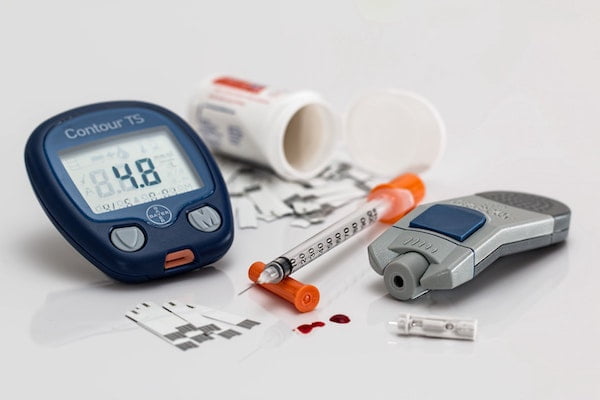Diabetes is really a condition where the body isn’t able to modulate blood glucose levels, resulting in excessively elevated amounts of sugar (glucose) in the blood. Place in simple terms, diabetes is really a condition where your body cannot manage the sugar content in food.
Diabetes is something nowadays we sadly hear about frequently. As we’re seeing dramatic increases within the amount of young people being diagnosed with diabetes it’s not merely a state of the elderly. Diabetes is really a serious disease and shouldn’t be ignored, it’s a national challenge along with a complicated health problem. It’s one of the main causes of blindness.
Diabetes Types
Diabetes is frequently called type 1, type 2, or gestational diabetes. The type-2 kind of diabetes is sometimes called mature-onset or maturity-onset diabetes. Type 1 diabetes is commonly recognized in youth or adolescence, and is marked with a total loss of insulin. Type 1 diabetes is, in addition, frequently called insulin dependent diabetes. Gestational diabetes is common, and is a kind of diabetes that grows only during pregnancy, generally between the 24th and 28th week.
Pre-diabetes
Pre-diabetes is the possibility of the early period of diabetes, where glucose levels are higher than normal but not high enough for a diagnosis of diabetes. It’s where glucose (sugar) levels within the blood become prevalent. It might progress to diabetes, if this pre-diabetes isn’t controlled.
Diabetes Management
Managing Diabetes is fairly straight forward, even though there isn’t any real cure. People who have type 2 diabetes, often entirely misunderstand, or simply dismiss the critical moment when blood sugar tests show that diabetes is progressing. The great news is that type 2 diabetes is mostly preventable, because it’s frequently linked to diet, lack of exercise, and obesity.
Diabetes Symptoms
Sometimes people have symptoms, but don’t suspect diabetes. The indications of diabetes might not appear until blood glucose levels are above about 15mmol/l or higher. Symptoms may also be so light that you simply may not detect them. The indications of diabetes change from person to person, and may be subtle.
Diabetes Treatment
Without treatment, the primary symptoms of diabetes are excessive quantities of urine, uncommon thirst, tiredness, and weight loss as well as muscular atrophy. Symptoms partially rely on the type of diabetes and how long it is left untreated. The initial step in either preventing or delaying the onset of diabetes would be to recognize signals and the risk factors and symptoms of diabetes. It is really crucial that you seek guidance from your doctor if you have the indications of diabetes.






I got help for my diabetes type 2 from a herbal doctor from Africa, I wanted this cure since 3 years, i was taking treatment from some doctor, few Months back i came on the internet to see if i will be able to get any information for a permanent cure, on my search i saw various testimony of people who was helped by a great man and without any hesitation, i contacted him, i wrote him and and he guided me, i asked him for solutions and he stated the remedies for me and indeed in 3 weeks and few days after i started using his medicine, i was completely happy as it worked for me.